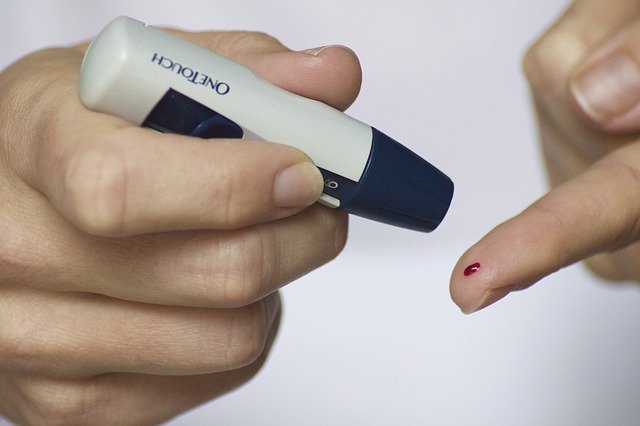
In a new study, researchers found that damaged small blood vessels in the eye may be a marker for increased stroke risk among people with diabetes.
The research was conducted by a team at the University of Utah Health Hospitals and Clinics in Salt Lake City.
Diabetic retinopathy, damage to small blood vessels of the eye, is a common complication of diabetes and can lead to blindness.
It has also previously been linked with an increased risk of heart attack and heart attack deaths.
A build-up of plaque in large arteries feeding the brain and the common heart arrhythmia atrial fibrillation are the primary causes of ischemic (clot-caused) strokes.
And, damage to small blood vessels also causes stroke and vascular dementia.
In the study, the team thought that diabetic retinopathy might be an important biomarker of stroke risk for patients with diabetes.
They followed 874 people with diabetes who developed diabetic retinopathy and 1,954 who did not. All of the patients are participating.
During a five-year follow-up, researchers found overall, 117 patients had a stroke. Diabetic retinopathy was more common in patients with stroke (41%) than those without (30%).
After adjusting for multiple stroke risk factors, those with diabetic retinopathy had a 60% higher risk of stroke than people with diabetes who did not have diabetic retinopathy.
The heightened risk was found in all treatment groups.
The researchers were surprised that none of the interventions (glucose, lipid and blood pressure control) decreased diabetic retinopathy and stroke risk, especially intense blood-pressure reduction.
Despite these findings, the researchers suggest that patients with diabetic retinopathy receive aggressive medical management to reduce stroke risk.
It’s important for everyone with diabetes to maintain good blood glucose control, and those with established diabetic retinopathy should pay particular attention to meeting all the stroke prevention guidelines that are established by the American Stroke Association.
To reduce stroke risk, the American Stroke Association recommends a healthy lifestyle, which includes low salt intake; getting regular physical activity; maintaining a healthy weight; avoiding tobacco; managing stress; limiting alcohol intake to no more than one drink per day for women and two drinks per day for men; and taking medication as prescribed for high blood pressure, diabetes, high cholesterol, and atrial fibrillation.
The lead author of the study is Ka-Ho Wong, B.S., M.B.A., a clinical research coordinator and lab manager of the de Havenon Lab.
The study was presented at the American Stroke Association’s International Stroke Conference.
Copyright © 2019 Knowridge Science Report. All rights reserved.



